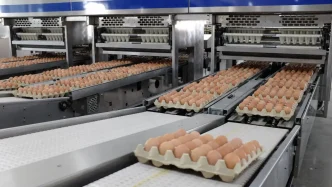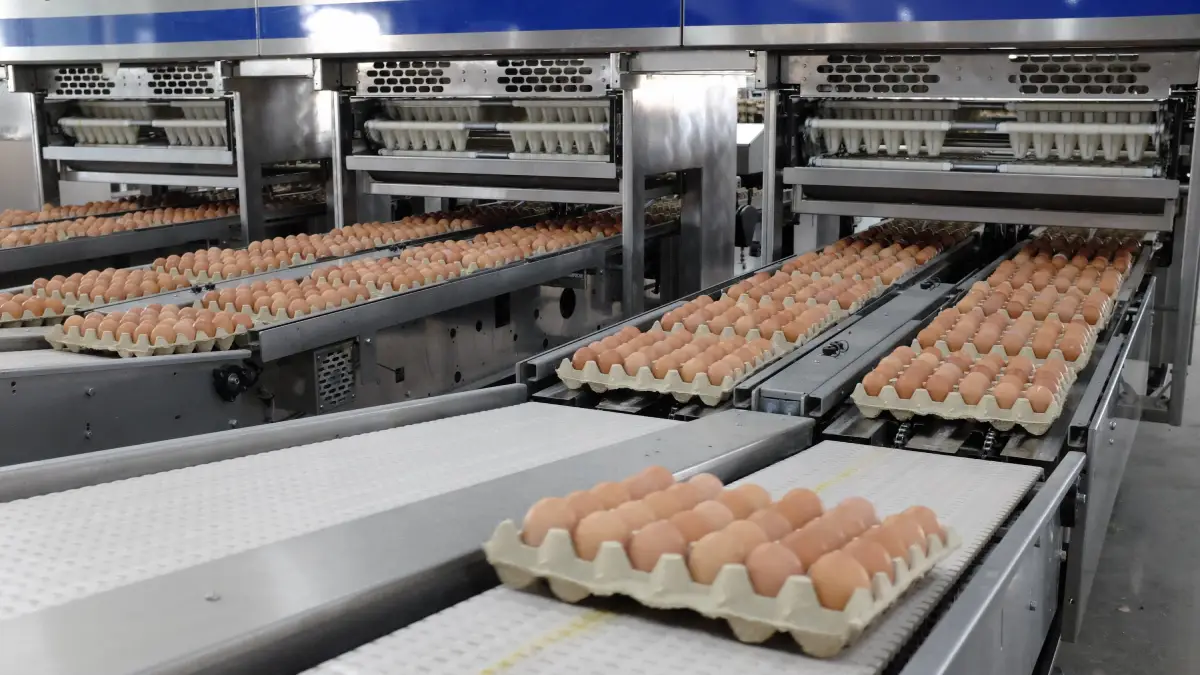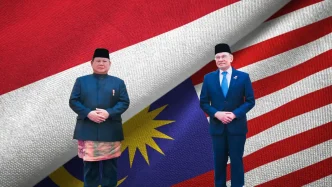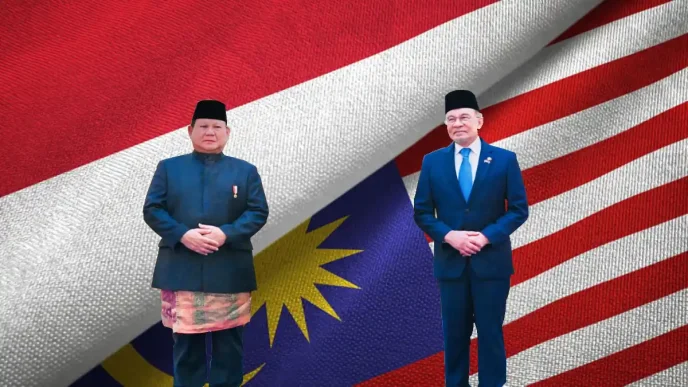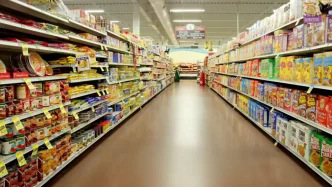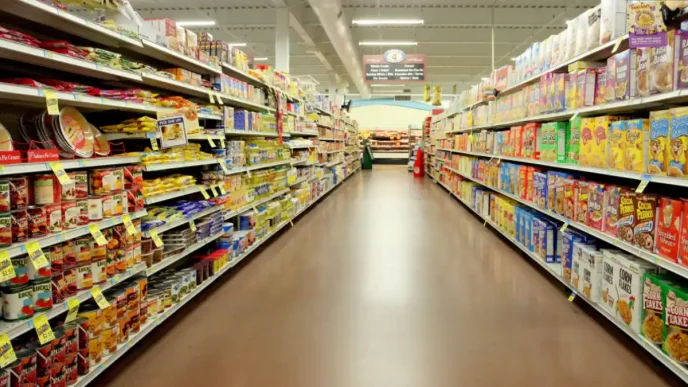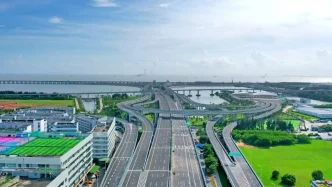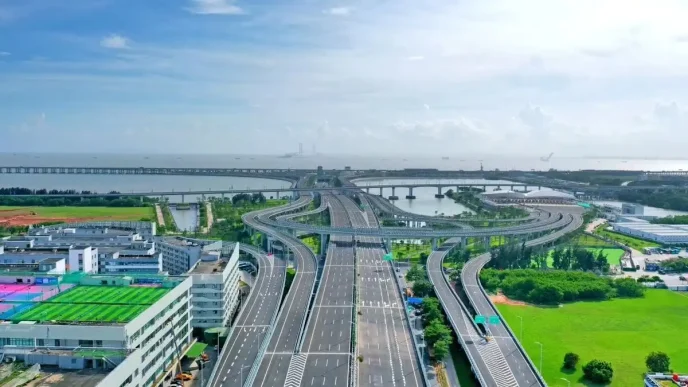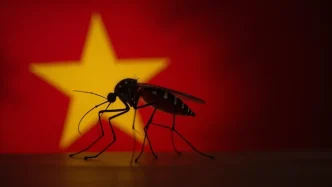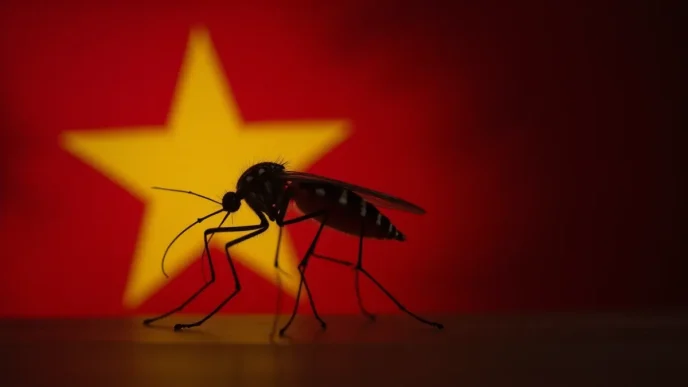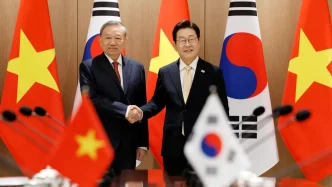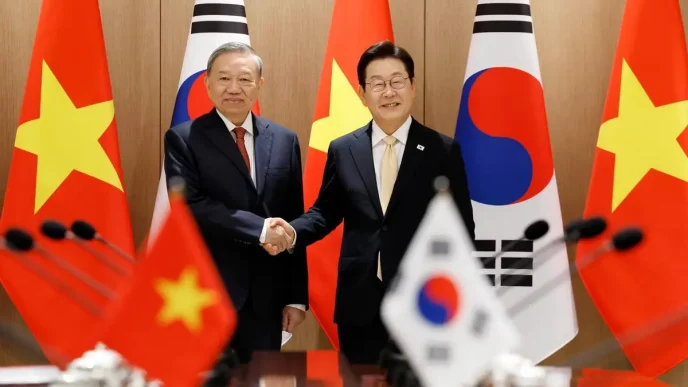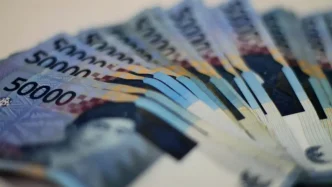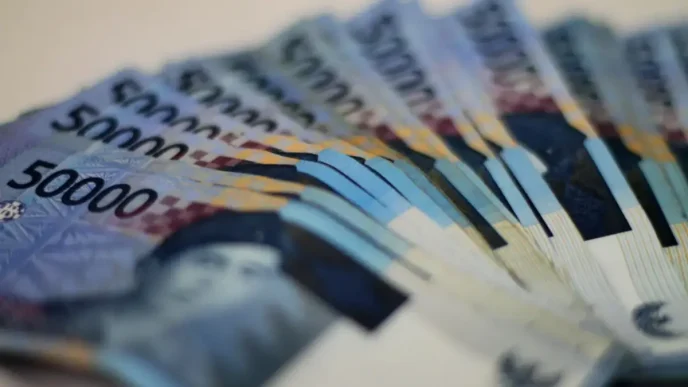Vietnam and Indonesia, two economic powerhouses of ASEAN, are setting their sights on a bilateral trade target of $18 billion by 2028, with a sharp focus on food security and agricultural collaboration. This ambitious goal emerged as a central theme during the Indonesia-Vietnam Food Security Cooperation Forum held in Ho Chi Minh City on August 11, 2025, hosted by the Indonesian Consulate General and the Vietnam Chamber of Commerce and Industry’s Ho Chi Minh City branch (VCCI-HCM). As both nations deepen their comprehensive strategic partnership, the forum underscored the potential for sustainable food supply chains to anchor regional stability and economic growth.
A Flourishing Economic Partnership
The economic ties between Vietnam and Indonesia have seen remarkable growth since the establishment of diplomatic relations. Together, they account for 55% of ASEAN’s population and 45% of its GDP, forming a critical axis for the bloc’s economic dynamism. Trade between the two countries reached $16.7 billion in 2024 and had already hit $9.95 billion by mid-2025, reflecting a robust upward trajectory. This momentum was further galvanized in March 2025, when leaders from both nations agreed to elevate their relationship to a comprehensive strategic partnership, emphasizing food security and sustainable agricultural development as key pillars.
Adiguna Wijaya, Acting Indonesian Consul General in Ho Chi Minh City, highlighted the deepening ties at the forum, noting the consistent strengthening of friendly and cooperative relations over the years. Vietnam ranks as Indonesia’s fourth-largest trade partner within ASEAN, while Indonesia stands as the second-largest for Vietnam. With 123 Vietnamese investment projects in Indonesia—including notable ventures like Điện Máy Xanh’s retail outlets and VinFast’s forthcoming major initiative—the economic interdependence is evident. Under the new strategic framework, both countries aim to leverage science and technology collaboration to achieve developed, high-income status by 2045.
Food Security as a Strategic Imperative
With a combined market of over 370 million consumers, Vietnam and Indonesia possess complementary agricultural strengths that position them as natural partners in food security. Vietnam is a global leader in rice exports, while Indonesia dominates in palm oil and coffee production and is making strides toward rice self-sufficiency. The forum identified several areas for collaboration, including sustainable fisheries, high-tech farming, agricultural science innovation, integrated value chains, and improved market access for food products.
Ho Chi Minh City, Vietnam’s economic and trade hub, plays a pivotal role in this partnership. As a gateway linking the Mekong Delta—often referred to as Vietnam’s rice bowl—to international markets, the city hosts major players in farm produce, aquatic products, and processed foods. Nguyễn Trường Thị, Deputy Director of the municipal Department of Industry and Trade, emphasized the city’s strategic importance in facilitating regional and national food supply networks. She pointed out that Indonesian firms are significant partners in the Halal food and goods sector, though Vietnamese exporters face challenges in meeting Indonesia’s stringent standards and navigating complex Halal certification processes, which often involve high costs and lengthy timelines.
To address these barriers, Thị proposed increasing thematic seminars, information exchanges, and business support initiatives to clarify Halal requirements and streamline trade. She also advocated for enhanced logistics and infrastructure connections, particularly between Vietnam’s Cái Mép – Thị Vải port complex and Indonesia’s major ports, to optimize food supply chains. Additionally, she called for effective coordination mechanisms between regulatory agencies and business communities to swiftly resolve bottlenecks and foster a transparent, stable investment environment.
Trade Figures Highlight Mutual Benefits
The trade relationship between Vietnam and Indonesia is already yielding significant results, particularly in the food sector. In 2024, Vietnam’s food exports to Indonesia included rice valued at $746 million, marking a 16.5% increase from the previous year; coffee at $212 million, up by 60.4%; fruits and vegetables at $10.9 million, up 26.7%; tea at $10.8 million, up 47.9%; and aquatic products at $17.2 million. On the import side, Vietnam sourced seafood from Indonesia worth $334 million, a 61.4% increase, alongside other commodities.
Phạm Thiết Hòa, Vice Chairman of the Ho Chi Minh City Food and Food Products Association (FFA), described the trade mix as mutually beneficial, supporting deeper economic integration. However, he acknowledged persistent challenges, including divergent standards such as Halal certification, technological gaps among small and medium-sized enterprises (SMEs) in processing and storage, climate-driven supply disruptions, and underdeveloped bilateral business networks. Hòa stressed the critical role of the food sector in ensuring security, boosting competitiveness, and adding economic value for both nations.
Overcoming Challenges Through Innovation
To tackle these hurdles, the FFA put forward several actionable recommendations during the forum. These include mutual recognition of Halal and food safety standards to simplify compliance, administrative reforms to reduce bureaucratic delays, and technology training and transfer programs to bridge gaps among SMEs. The association also proposed adopting cutting-edge solutions like Internet-of-Things (IoT) and blockchain technology to create sustainable, transparent supply chains. Additionally, expanding trade shows, exhibitions, and Halal-focused product studies was suggested to enhance collaboration and build resilient food industries capable of securing ASEAN’s food supplies.
The emphasis on technology and innovation aligns with broader goals of sustainable development shared by both nations. Vietnam and Indonesia face similar pressures from climate change, which threatens agricultural productivity through erratic weather patterns and rising sea levels. Collaborative research in agricultural science and high-tech farming could yield solutions tailored to these regional challenges, ensuring long-term food security. Moreover, integrated value chains—where raw materials, processing, and distribution are seamlessly connected—could reduce waste, lower costs, and improve market access for producers in both countries.
Regional Implications for ASEAN
The Vietnam-Indonesia partnership holds significant implications for ASEAN as a whole. As the bloc’s largest economies by population, their combined efforts in food security could set a precedent for regional cooperation, particularly in addressing shared challenges like climate change and population growth. A stable, sustainable food supply chain between Vietnam and Indonesia could serve as a buffer against global market volatility, ensuring that ASEAN remains a key player in the international agricultural trade landscape.
Furthermore, the focus on Halal certification and market access highlights an opportunity to tap into the growing global demand for Halal products, particularly in Muslim-majority regions. By aligning standards and simplifying certification processes, Vietnam and Indonesia could position themselves as leading exporters in this lucrative market, further boosting their trade figures. This alignment would also benefit SMEs, which form the backbone of both economies but often lack the resources to navigate complex international standards independently.
Looking Ahead: A Shared Vision for 2045
The comprehensive strategic partnership between Vietnam and Indonesia is not merely about trade figures; it represents a shared vision for economic transformation. Both nations aspire to become developed, high-income countries by 2045, a goal that hinges on sustainable growth, technological advancement, and regional cooperation. Food security, as a fundamental component of national stability, is a critical stepping stone in this journey. By leveraging their agricultural strengths and addressing trade barriers, Vietnam and Indonesia are laying the groundwork for a partnership that could redefine ASEAN’s economic future.
Yet, the road to the $18 billion trade target by 2028 is fraught with challenges. Divergent regulatory frameworks, technological disparities, and external pressures like climate change require innovative solutions and unwavering commitment from both sides. The success of this partnership will depend on the ability to translate forum discussions into concrete policies and actionable initiatives that benefit businesses and consumers alike.
As Vietnam and Indonesia continue to strengthen their economic ties, the impact of their collaboration on food security and sustainable agriculture will be closely watched. With ASEAN’s future at stake, the question remains: can this partnership deliver on its promise of stability and growth in an increasingly uncertain world?
